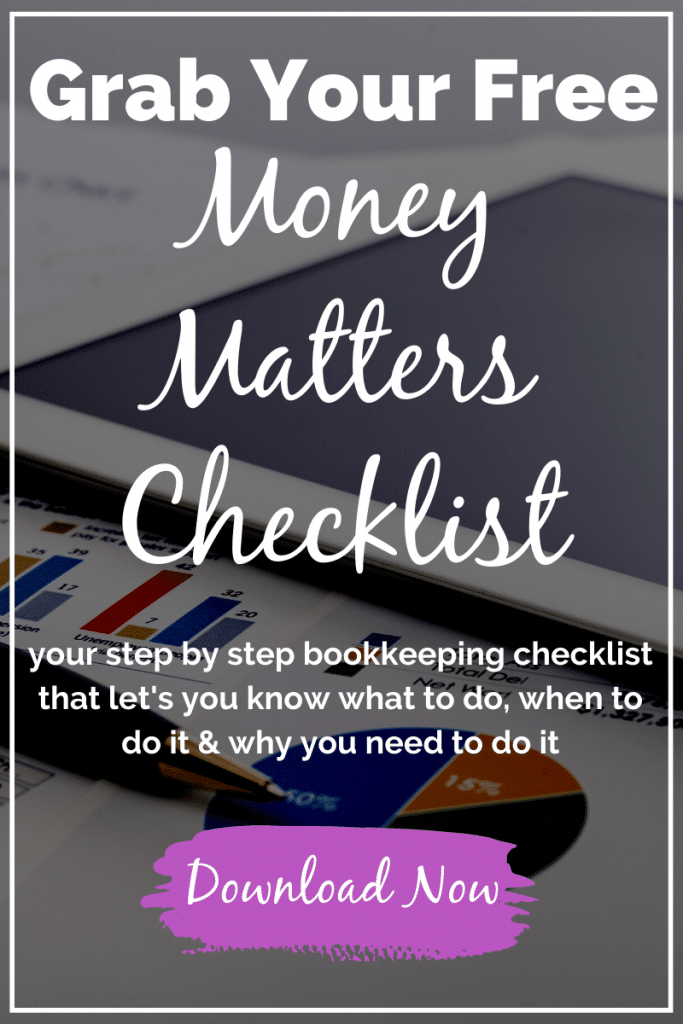Before delving into the topic, I think it would be helpful to actually define what is a “sole proprietorship”. It is a business represented by a single individual without benefit of a separate legal entity (for example, corporation).
This business “entity” type tends to be somewhat popular because of the ease in which it can be “formed”…
- Determine if you will use your name (example John Doe) or a fictitious one (JD Photography).
- If you will be using a fictitious one, you will need to register it with your state (or city, if required) by filing a “DBA/Doing Business As” or Tradename form.
- Apply for a FEIN (Federal Employer Identification Number) – go to www.irs.gov. Not necessarily a requirement per se but your accountant and/or tax preparer will thank you later. (If you are a contractor of some sort, you will use this number when filling out W4 Forms).
- Open a separate bank account. Again not necessary but extremely helpful when managing your company finances…your accountant/tax preparer will thank you.
- Acquire any necessary licenses. If your business is one that requires it, make sure you are compliant from the beginning (for example, hair salon requires cosmetology licensing).
As with any business entity type, you should review the pros & cons to decide if that is what is right for you and your business. I thought about going into the pros & cons for this particular business type but decided against it. Instead I have provided a few related topic links that should cover that base pretty accurately.
Disclaimer: I am not an attorney nor is this to be taken as tax or accounting advice. Please seek the advice of a professional for specific insight on your particular business situation.
topic suggested by Malik Alex: Painter & Aspiring Gallery Owner
Related Topics:
Why You Should Never Operate Any Business As a Sole Proprietor
Sole Proprietorship: The Right Business Structure?

